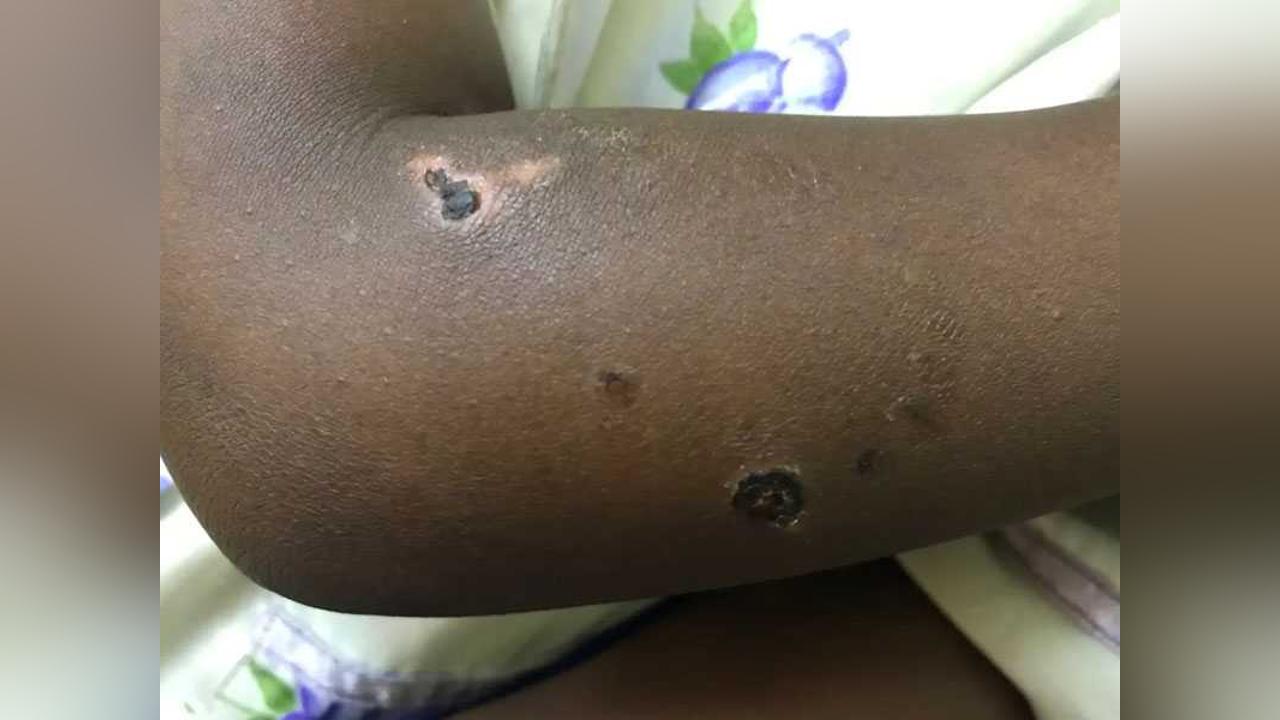Africa-Press – Ghana. COVID-19 and recent outbreaks of monkeypox and polio have highlighted how vulnerable the world is to infectious diseases. But every day, public health workers stop epidemics before they start. Just last month, Ghana contained its first outbreak of Marburg virus —which is highly contagious and has a fatality rate as high as 88%. This story, like many other prevented epidemics, didn’t make the headlines.
Today, Resolve to Save Lives releases a new “Epidemics that Didn’t Happen” report that shows that investment in preparedness, combined with swift, strategic responses by public health authorities, can stop disease outbreaks, saving lives and preventing suffering. These are the everyday successes that are rarely reported. The latest “Epidemics that Didn’t Happen” (https://bit.ly/3yu3IJq) celebrates successful outbreak responses around the world and demonstrates the returns—in lives saved—of investing in health systems.
“Successes of front-line public health workers around the world prove that public health works when we invest in and prioritize strengthening health systems—especially at the national and subnational levels,” said Dr. Tom Frieden, President and CEO of Resolve to Save Lives and former Director of the US Centers for Disease Control and Prevention. “Our report demonstrates that responses don’t have to be perfect to be effective, but sustained investment in preparedness can mean the difference between an outbreak that’s contained and one that devastates a community, a country, or the world. Epidemic preparedness must not stop when an outbreak does.”disease threats—a bargain that could save countless lives and preserve economies.
The real-life examples presented in the latest report highlight different aspects of effective public health programs, including how: “Outbreaks begin and end locally, so community action is crucial to preventing epidemics. Public health officials’ engagement with communities pays off because it builds trust in the health system,” said Amanda McClelland, Senior Vice President of Resolve to Save Lives. “Another key component is protecting health care workers, who are the frontline of defense against outbreaks. When primary health care centers are safe work environments, patients and health care workers are protected and are better able to detect and respond to health threats before they spiral out of control.”
The case studies were developed with support from health ministries and global health organizations including, Indonesian Red Cross Society, International Federation of Red Cross and Red Crescent Societies, Vital Strategies and FAME Hospital.
For More News And Analysis About Ghana Follow Africa-Press







